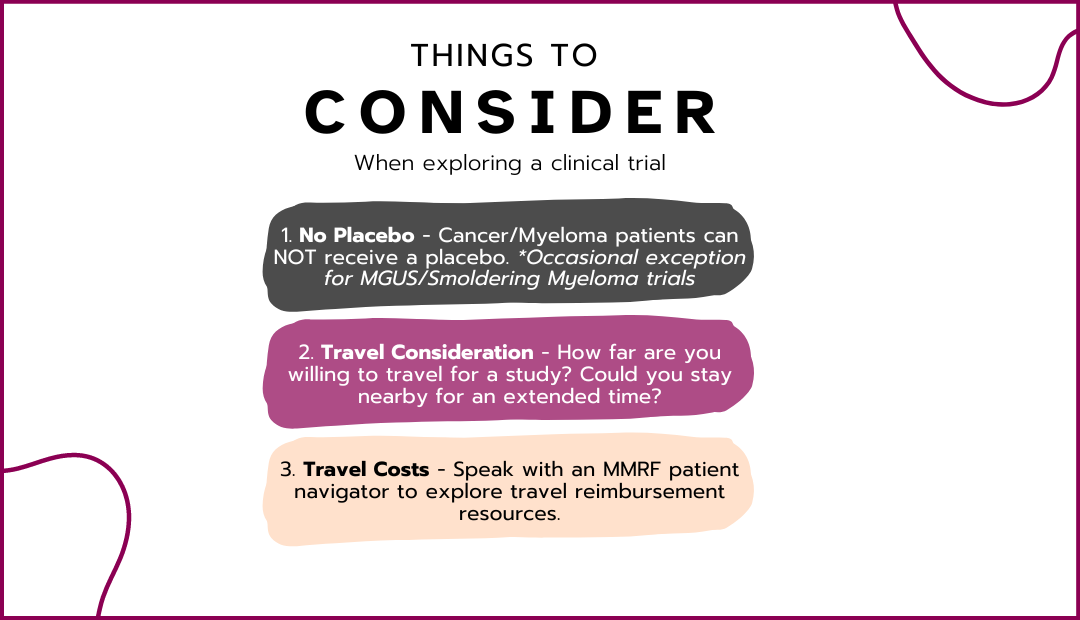Administration of Autologous T-Cells Genetically Engineered to Express T-Cell Receptors Reactive Against Neoantigens in People With Metastatic Cancer
NCT03412877
Age 18 - 72
Sex Both
Phase Phase 2
Third Opinion Trial Synopsis
In this clinical study, researchers are exploring a new treatment approach for patients with a specific type of blood cancer. The study focuses on a combination of therapies that aim to improve patient outcomes and quality of life. Here are some key details about the study:
- The treatment involves a combination of existing therapies that have shown promise in previous studies.
- Patients will receive personalized treatment plans based on their individual health needs and responses to therapy.
- The study includes a diverse group of participants to ensure that the findings are applicable to a wide range of patients.
- Researchers are using advanced monitoring techniques to track the effectiveness of the treatment in real-time.
- This study aims to identify the best combinations of therapies that can lead to better management of the disease.
- Participants will have access to comprehensive care and support throughout the study.
Third Opinion AI Generated Synopsis
Trial Summary
Background: A person s tumor is studied for mutations. When cells are found that can attack the mutation in a person s tumor, the genes from those cells are studied to find the parts that make the attack possible. White blood cells are then taken from the person s body, and the gene transfer occurs in a laboratory. A type of virus is used to transfer the genes that make those white blood cells able to attack the mutation in the tumor. The gene transfer therapy is the return of those white blood cells back to the person. Objective: To see if gene transfer therapy of white blood cells can shrink tumors. Eligibility: People with certain metastatic cancer for which standard treatments have not worked. Design: Participants may complete screening under another protocol. Screening includes: * Getting tumor cells from a previous procedure * Medical history * Physical exam * Scans * Blood, urine, heart, and lung tests The study has 8 stages: 1. Screening tests repeated over 1-2 weeks. Participants will have leukapheresis: Blood is removed by a needle in one arm. A machine removes white blood cells. The rest of the blood is returned by a needle in the other arm. 2. Care at home over approximately 12 weeks. 3. Stopping therapy for 4-6 weeks while their cells are changed in a lab. 4. Hospital stay approximately 3-4 weeks for treatment. An IV catheter will be placed in the chest to administer drugs. 5. Patients on Arm 2 of the study will receive the first dose of pembrolizumab while in the hospital. Three additional doses will be given after the cell infusion 3 weeks apart. 6. Receiving changed cells by catheter. Then getting a drug over 1-5 days to help the cells live longer. 7. Recover in the hospital for 1-2 weeks. Participants will get drugs and have blood and urine tests. 8. Participants will take an antibiotic and maybe an antiviral for at least 6 months after treatment. They will have repeat screening tests at visits every few months for the first year, every 6 months for the second year, then as determined.
Background: A person s tumor is studied for mutations. When cells are found that can attack the mutation in a person s tumor, the genes from those cells are studied to find the parts that make the attack possible. White blood cells are then taken from the person s body, and the gene transfer occurs in a laboratory. A type of virus is used to transfer the genes that make those white blood cells able to attack the mutation in the tumor. The gene transfer therapy is the return of those white blood cells back to the person. Objective: To see if gene transfer therapy of white blood cells can shrink tumors. Eligibility: People with certain metastatic cancer for which standard treatments have not worked. Design: Participants may complete screening under another protocol. Screening includes: * Getting tumor cells from a previous procedure * Medical history * Physical exam * Scans * Blood, urine, heart, and lung tests The study has 8 stages: 1. Screening tests repeated over 1-2 weeks. Participants will have leukapheresis: Blood is removed by a needle in one arm. A machine removes white blood cells. The rest of the blood is returned by a needle in the other arm. 2. Care at home over approximately 12 weeks. 3. Stopping therapy for 4-6 weeks while their cells are changed in a lab. 4. Hospital stay approximately 3-4 weeks for treatment. An IV catheter will be placed in the chest to administer drugs. 5. Patients on Arm 2 of the study will receive the first dose of pembrolizumab while in the hospital. Three additional doses will be given after the cell infusion 3 weeks apart. 6. Receiving changed cells by catheter. Then getting a drug over 1-5 days to help the cells live longer. 7. Recover in the hospital for 1-2 weeks. Participants will get drugs and have blood and urine tests. 8. Participants will take an antibiotic and maybe an antiviral for at least 6 months after treatment. They will have repeat screening tests at visits every few months for the first year, every 6 months for the second year, then as determined.
from ClinicalTrials.gov
Locations & Contact
Fill out the form and to let the Multiple Myeloma Research Foundation know you are interested in this trial.
Contacts:

